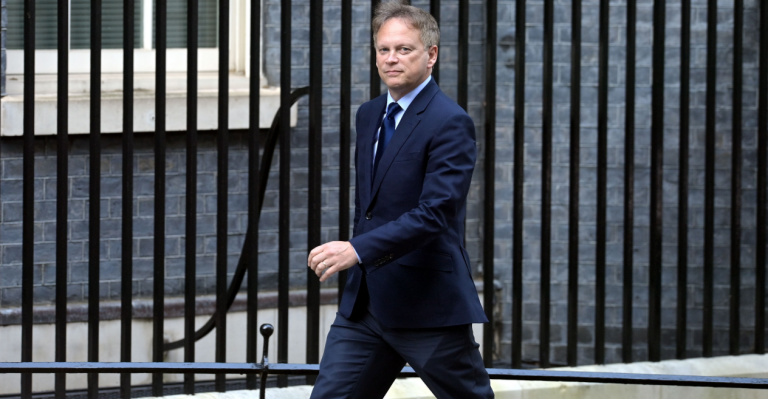
Fresh UK Government promises to regulate the fraught umbrella company industry are welcome, but should be met with a degree of scepticism, accounting market participants have said.
In its Labour Market Enforcement Strategy report, published on Friday, the government reiterated intentions to establish the Single Enforcement Body (SEB), an umbrella company regulator, pledging to “root out non-compliance in this area”.
But Julia Kermode, founder of IWORK, a body championing independent workers, argues that the government has a track record of paying lip service to this issue.
“Westminister has been talking about regulating the umbrella sector for years and made no progress whatsoever. So I can’t help but take fresh promises with a pinch of salt.”
Whilst often a viable employment solution for independent workers and recruiters, umbrella companies have garnered a reputation for being used to facilitate tax avoidance schemes.
Acknowledging this, the government report argues that an SEB would safeguard workers and protect against “serious labour exploitation”.
It also demonstrates the increasing scale of the issue, citing HMRC estimates from 2020/21 that half a million contractors are employed through umbrella companies (up from 100,000 in 2007/8).
But Kermode’s concerns are echoed by Fred Dures, founder of specialist payroll auditor PayePass, who says that the government has made these promises before.
“This is a step in the right direction. But there a lot of promises made in this strategy which we’ve heard before.”
Shapps’ U-turn
Plans to create a SEB first surfaced in June 2021, with the move being positioned as a “one stop shop” approach to enforcing labour right.
But Grant Shapps, the business secretary, reportedly confirmed in December 2022 that the plans had been put on the backburner.
In January, IR35 campaign group Contractor UK reported that BEIS has declined to comment further on the prospect of an SEB. This signalled that the plans were “dead in the water”, the group said in an article.
The apparent U-turn is noted by Dures, who says this is a good reason for market participants to “not get too ahead of [themselves]”.
‘Real time detection’ needed to tackle umbrella company fraud
The report’s publication follows widespread disappointment surrounding the omission of umbrella company regulation in the Spring Budget.
The statement addressed the issue through a different lens, announcing that, subject to consultation, the maximum sentence for tax evasion will double to 14 years.
But this is merely a minor amendment to a pre-existing measure, argued Dave Chaplin, CEO of IR35 Shield, speaking during a webinar following the Chancellor’s statement.
More: New HMRC umbrella company guidance ‘doesn’t solve the bigger issue’
“They could already jail people for fraud, so this is just an announcement of things that are already in place. This is just a classic thing – a bit like the government saying they’re going to be tough on crime.”
A more sensible solution, Chaplin argued, would be an automation-led approach to detect fraudulent behaviour at source – such as in cases of salary skimming.
“This is entirely doable because the authorities already have the data and they’ve been collecting it for years.
“The question is, why do we get all this useless rhetoric and threats which don’t work, when they could just simply build detection systems to find out in real time if money is not going where it should?”